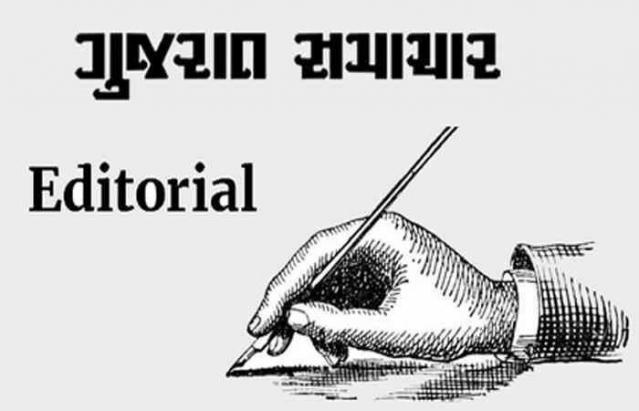The government released some results of the Household Consumption Expenditure Survey last week. The National Statistical Office conducted a comprehensive consumption survey of 2.60 lakh households between August 2022 and July 2023. This is the first survey of its kind in over a decade, the results of which have been made public. However, this type of survey e. S. It was also conducted in 2017-18, but the data was not made public due to data quality issues. Central government's statistical data and analysis has been in controversy for some time now. Especially the data about unemployment is hidden by the government and then it gets leaked. For example, the proportion of rural households' expenditure on food has declined from 53 per cent in 2011-12 to 46 per cent in 2022-23.
Since the exact impact of increased foodgrain allocation by the government cannot be known on this ratio, it would be considered risky to draw any policy conclusions from this figure. What is more interesting is that the Consumption Expenditure of rural households has increased by 40 percent and that of urban households by one-third. These are solid figures, but it should also be borne in mind that nominal growth in consumption is significantly lower than nominal growth in GDP. This raises the questions: Is India turning to public investment or government-backed growth by reducing household spending? According to national accounts, private consumption expenditure per capita is almost double that of consumption surveys. This difference is not unusual, but it does not help resolve the macroeconomic question. Can consumption still be classified as a driver of Indian growth or not?
The general public may not be directly interested in all these statistics, but the findings of the survey are such that the truth shines through and that is why it is celebrated even though it is criticized. In general, comparisons now with data from previous editions of the survey should be avoided, as there are significant differences in methodology between the two surveys. While the previous round asked questions related to expenditure on fewer items, the new edition took a digital approach to interviewing households and included expenditure on more items. It may not be wise or easy to compare data from this survey with data from a decade ago, but survey data from this period will be closely studied. The Secretaries of the Ministry of Finance cannot be saddened by these findings.
Spending inequality has had some troubling consequences. In terms of consumption expenditure, the bottom five percent of the country's population spends only one-tenth of what the top five percent spends. There is also inequality in the total distribution. Geographical differences between states in terms of consumption expenditure are also marked. The post-Covid survey was conducted at a time when consumption expenditure was on the rise. Some analysts have therefore said that these findings should be viewed with caution. The lesson that the government should take from this is that these surveys should be conducted regularly so that better policies can be formulated. There is a need to increase the frequency of such surveys. Consumption patterns are also changing rapidly and policy makers need fast and accurate data to make sound decisions.
Consumption surveys are also used to determine the items included in the Consumer Price Index. Hence the next appropriate step would be to upgrade this index to enable better monetary policy. Further, changes in consumption trends show that household expenditure on foodgrains is declining even in the food basket. A change in the consumption basket is a signal for producers. Instead of demanding guaranteed support prices, farmers should focus on commodities where consumer spending is rising.
In our country, there is no culture of paying attention to research in any field to such an extent that the universities themselves have started to become research-less. In most of the educational institutions of the country, the headmen who are made using political power are in power. Who will stop them and who will call them? The problem with higher education is that those who actually have higher education do not have the leadership of the institutions. Being a scholar in a university is like a crime.

